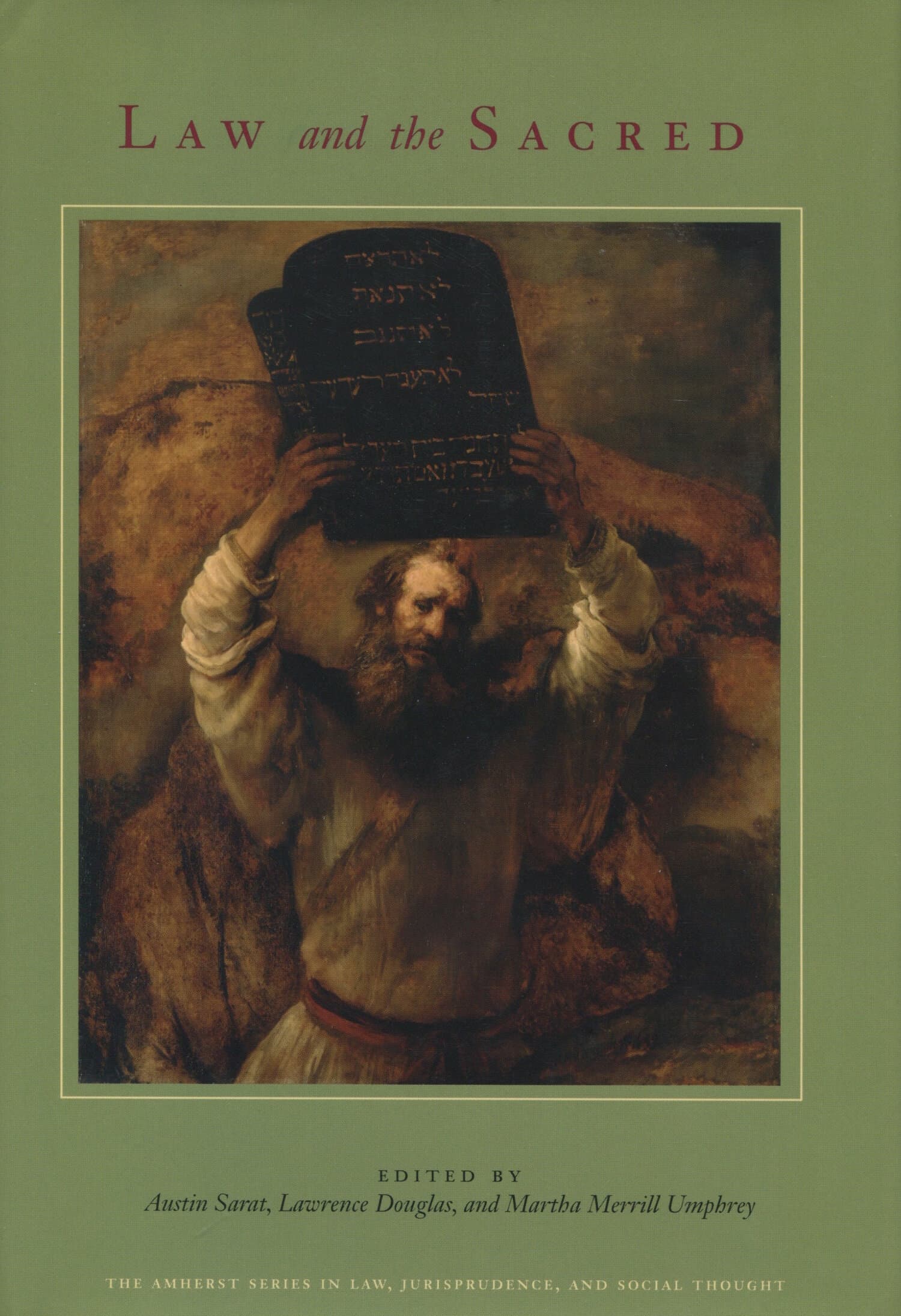Law without Nations

The possibility of law in the absence of a nation would seem to strip law from its source of meaning and value. At the same time, law divorced from nations would clear the ground for a cosmopolitan vision in which the prejudices or idiosyncrasies of distinctive national traditions would give way to more universalist groundings for law. These alternately dystopian and utopian viewpoints inspire this original collection of essays on law without nations.
This book examines the ways in which the growing internationalization of law affects domestic national law, the relationship between cosmopolitan legal ideas and understandings of national identity, and the intersections of identity and law based on the liberal tradition of jurisprudence and transnational influences. Ultimately, Law without Nations offers sharp analyses of the fraught relationship between the nation and the state—and the legal forms and practices that they require, constitute, and violently contest.
"There is a great deal of novelty and insight in Law without Nations. The essays push thinking on the subject beyond simple trade-offs between international and national legal systems. The book draws on a dazzlingly diverse array of works and I find the interconnection of the contributors' arguments particularly engaging."—David Mednicoff, University of Massachusetts




